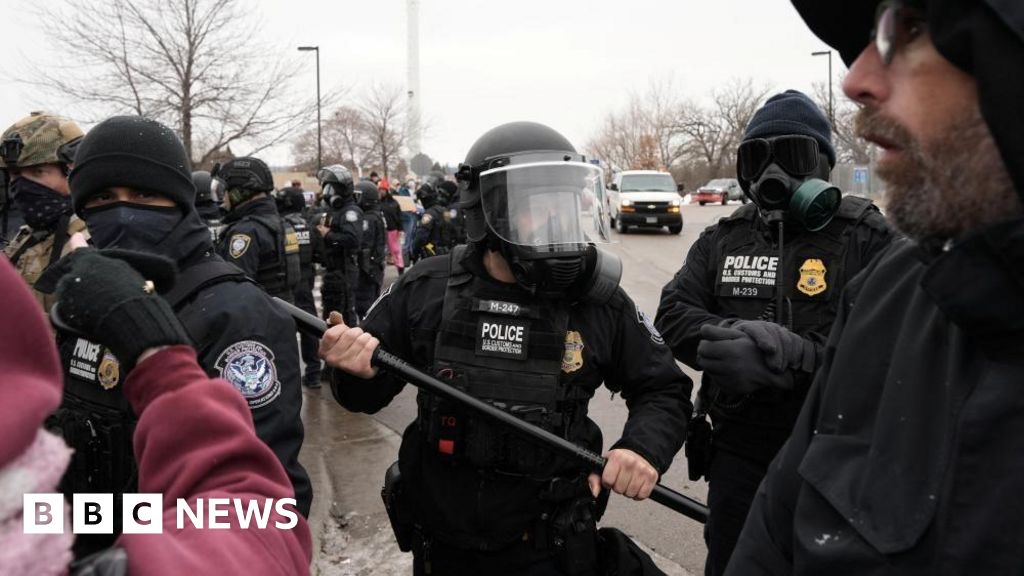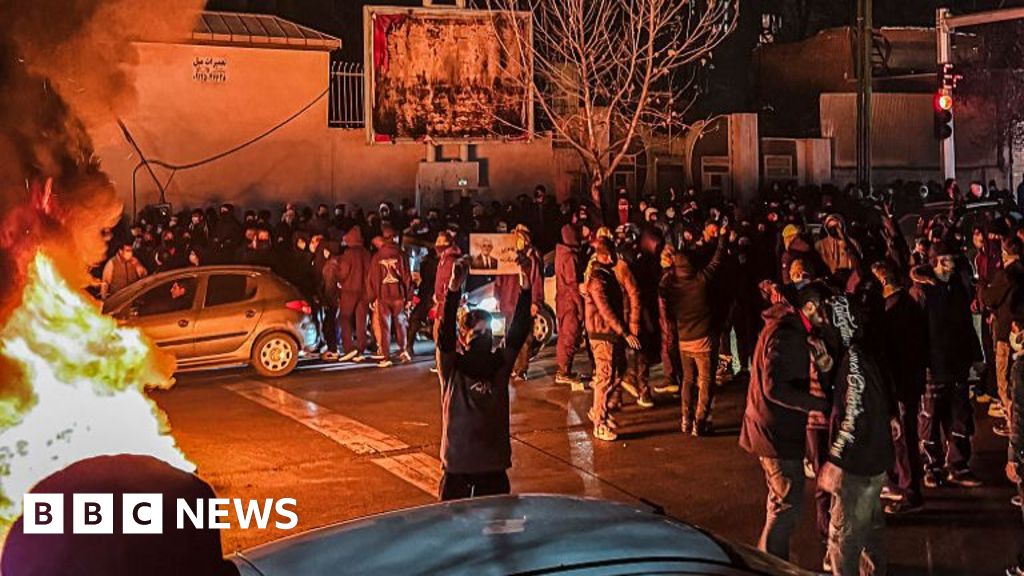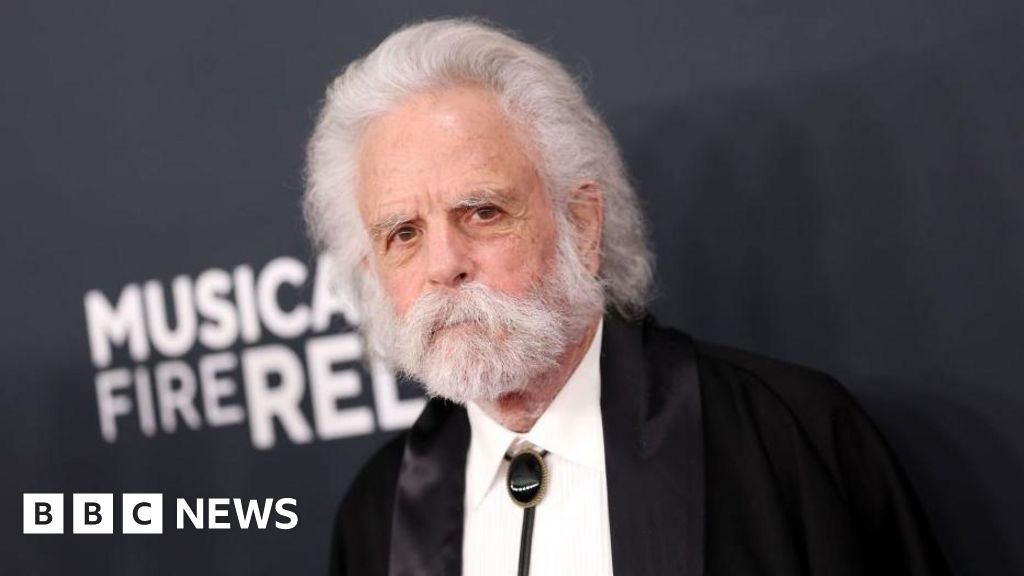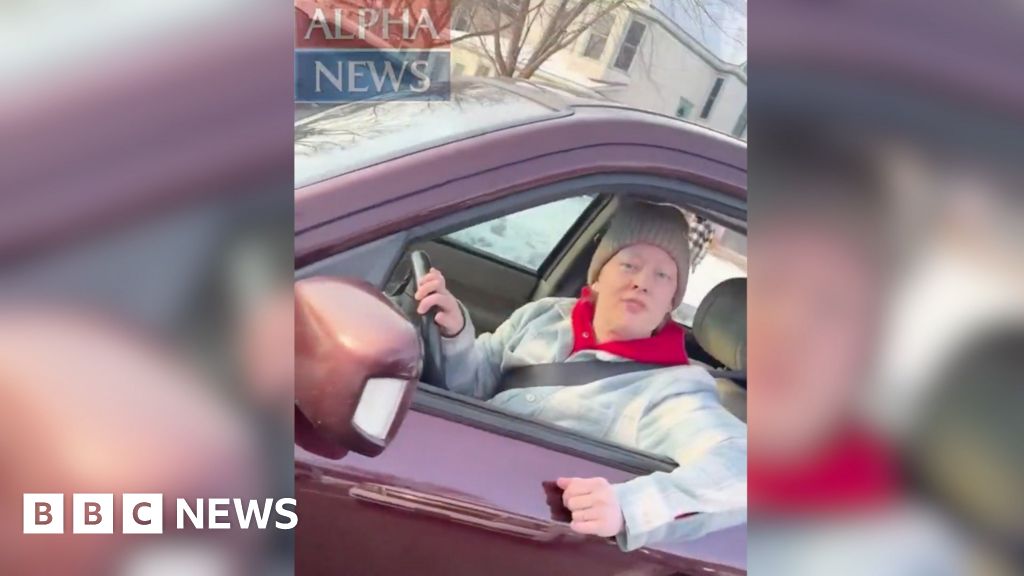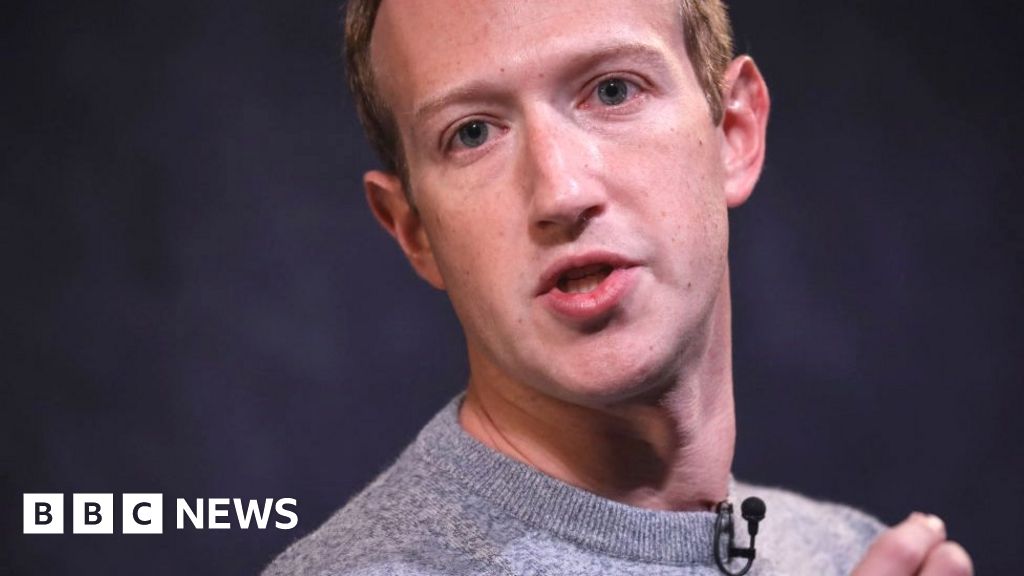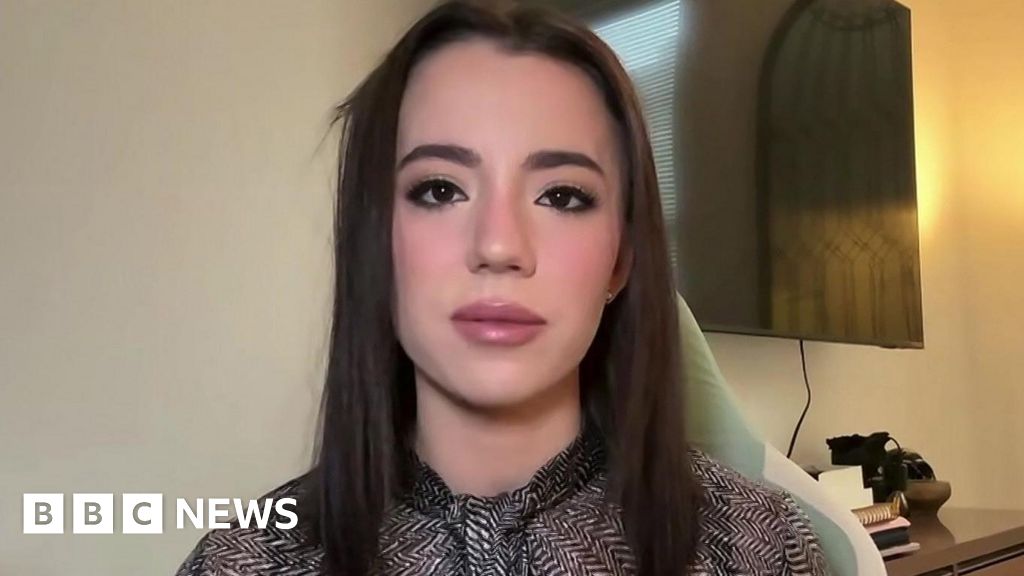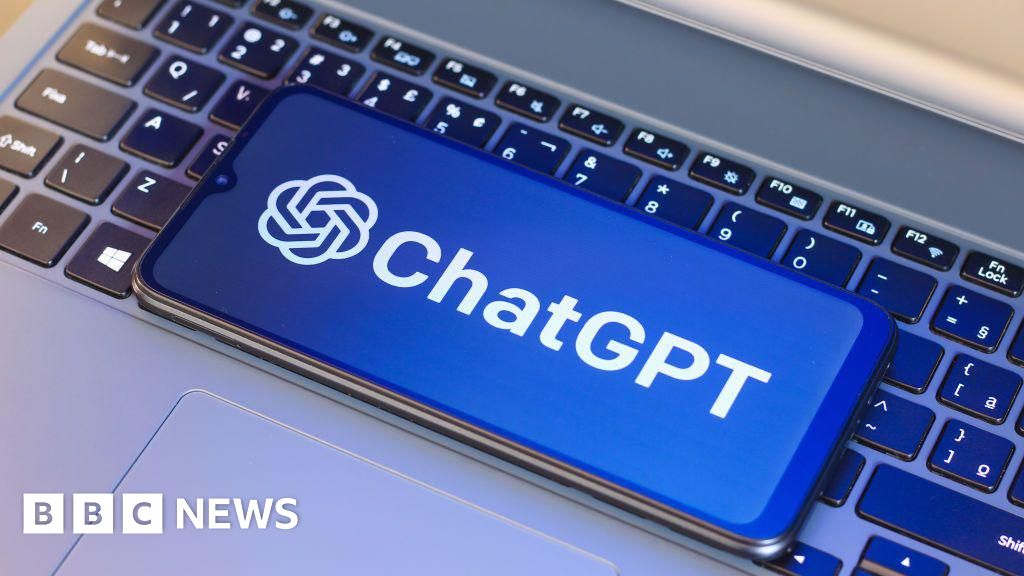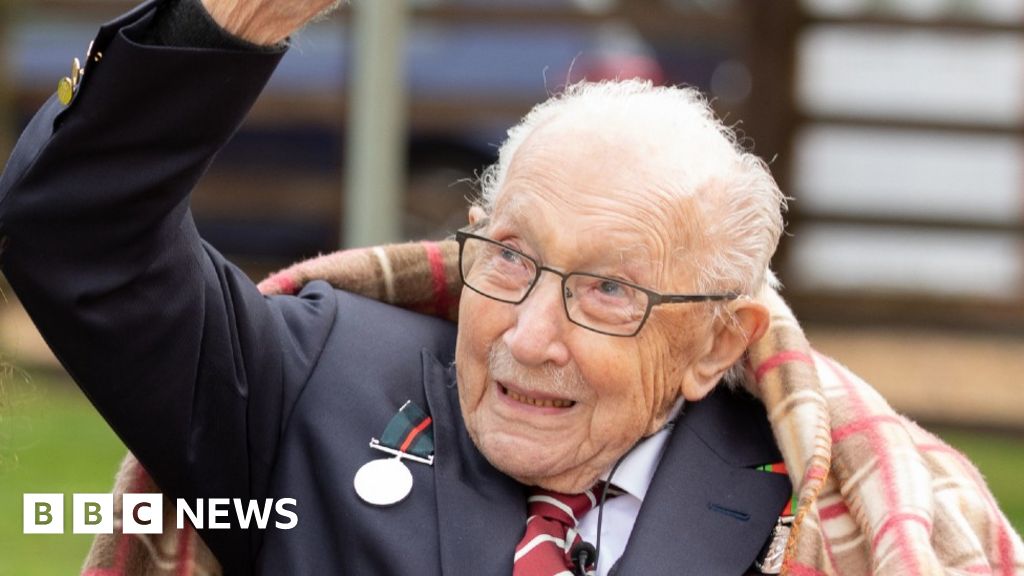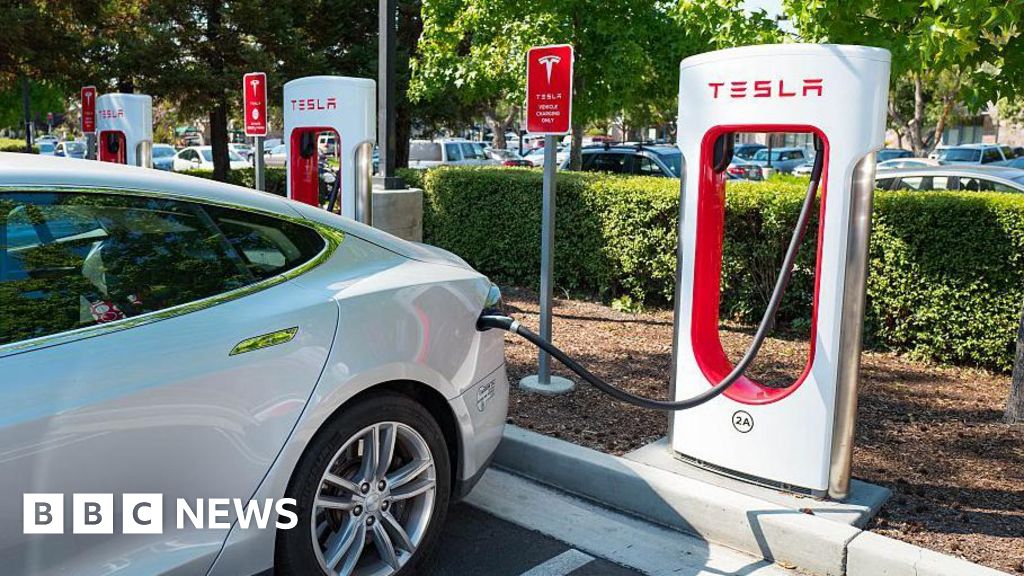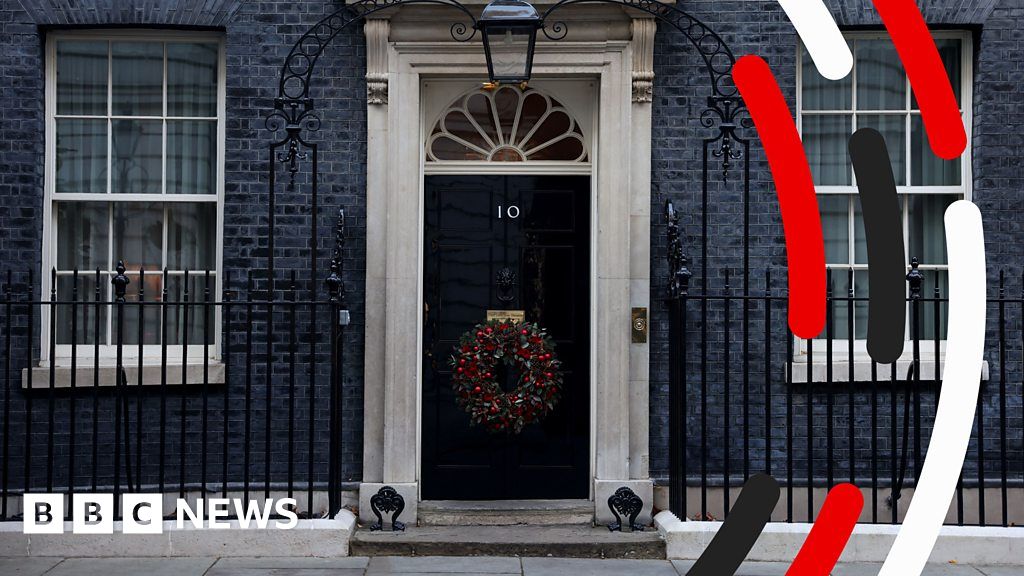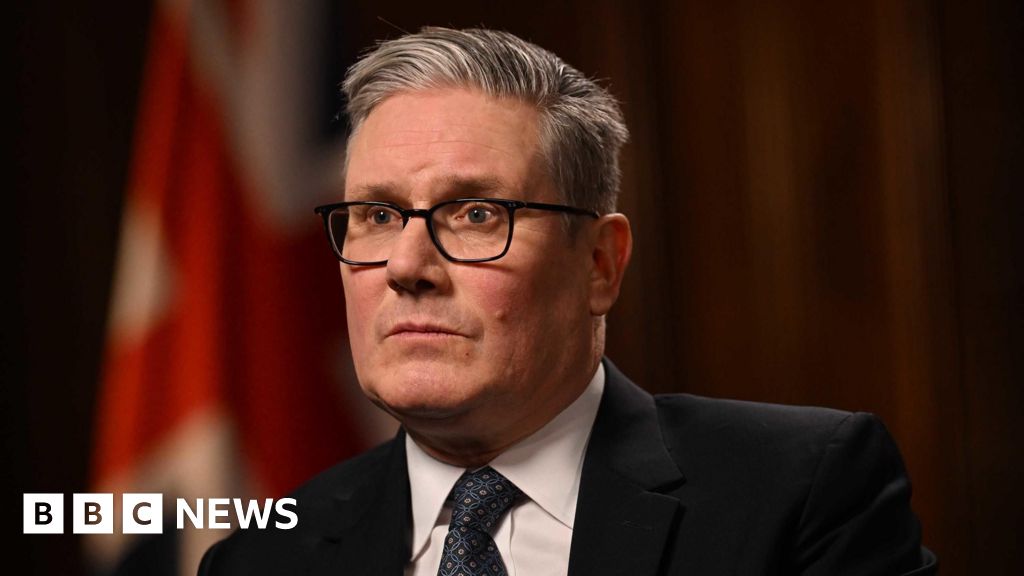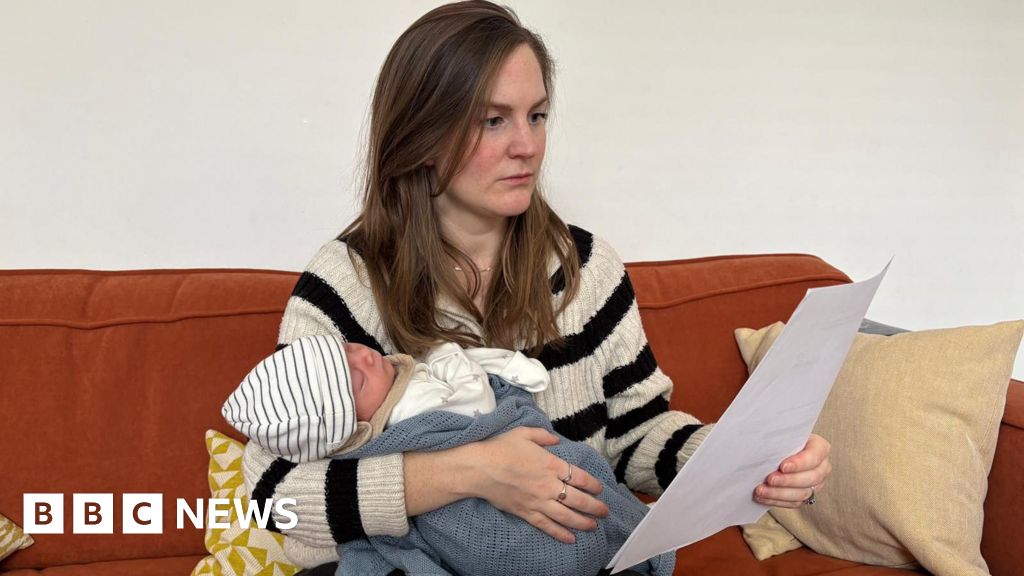image copyrightGetty Images
Facebook has announced that it will not take on any new political ads in the seven days prior to the US election on 3 November.
However, the firm will still allow existing ads to continue to be promoted and targeted at different users.
He said that he was “worried” about divisions in the country potentially leading to civil unrest.
He added that Facebook would also label posts from candidates attempting to declare victory before the votes had been counted.
The social network has faced criticism for allowing political ads to be “micro-targeted” on its platform so that they are only seen by small communities rather than debated more widely in the days after they appear.
The new steps could serve as a precedent for how the firm handles elections elsewhere in the future.
‘Divided nation’
“This election is not going to be business as usual,” Mr Zuckerberg wrote.
“With our nation so divided and election results potentially taking days or even weeks to be finalised, there could be an increased risk of civil unrest across the country,” he added.
- no new political ads will be accepted in the week before the election
- posts claiming people will get Covid-19 if they take part in the vote will be removed
- information labels will be attached to posts seeking to delegitimise the outcome of the election
- labels will also be added to posts by candidates that seek to claim victory before the final results are in
Mr Zuckerberg also said that Facebook had also “strengthened” its enforcement policies against movements known to spread conspiracy theories, such as QAnon.
Thousands of Facebook groups associated with these movements had already been removed, he said.
The moves have, however, attracted criticism.
The chief of Media Matters for America – a liberal media monitoring body – described it as being a pointless PR stunt.
“They will still let political ads be rerun and targeted to new groups during [the last] week so long as the ad was run and had one impression before 27 October,” tweeted Angelo Carusone.
“So, you can run a bad ad now, pause it and then reuse it that week.”
An academic who specialises in how tech and politics interact made a related point.
“Campaigns will produce and run thousands of pieces of creative in the days before the cut off so they can run the final week,” said Daniel Kreiss, an associate professor at the University of North Carolina at Chapel Hill.

